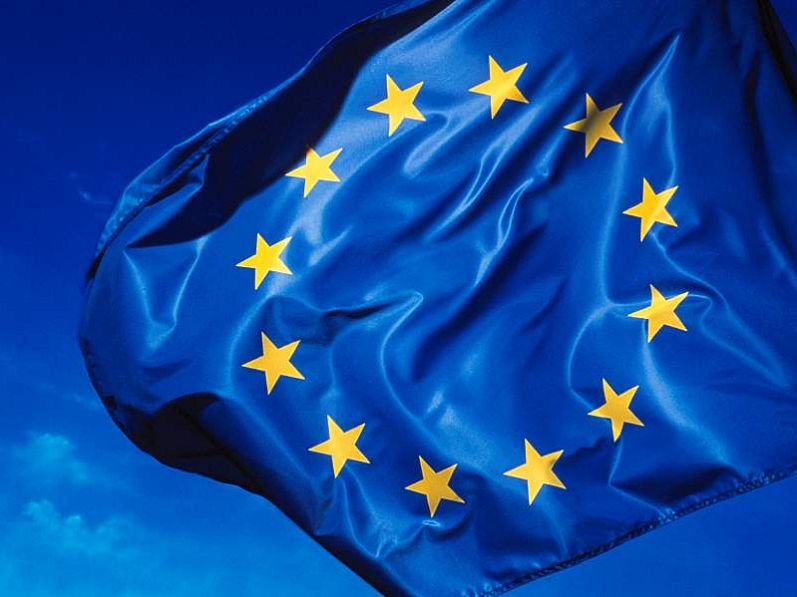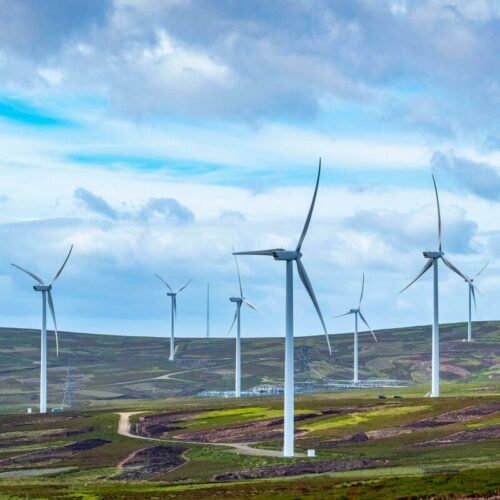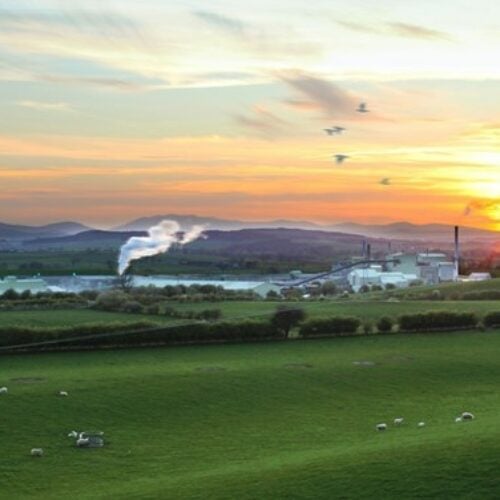Members of the European Parliament (MEPs) reiterated the need for more ambitious energy efficiency targets for its member states, on the same day the UK voted to leave the European Union.
Last Thursday MEPs met to discuss energy targets beyond 2020 and voted in favour of recommending that a new energy efficiency target of 40% be set for 2030.
This target, the MEPs said, would be enforced by a binding requirement that all member states act with “a maximum degree of ambition and effort”.
By winning support of that resolution by 253 votes to 193, with four abstentions, the recommendation will now feed into upcoming legislative proposals that apply to the EU energy union.
The full texts adopted by the EU, published late last week, argue that MEPs “regretted the unambitious nature of the [current] target” adopted under the 2012 Energy Efficiency Directive of 20% by 2020, and stress that a long-term strategy for energy demand reduction should be “further promoted” in the EU.
More ambitious targets, the text states, would “increase the EU’s independence from energy imports, encourage innovation, and help secure its technological leadership in the field of energy efficiency”.
However the EED’s application to the UK is now highly uncertain in the aftermath of last Thursday’s ‘Brexit’ referendum, during which the UK voted 52% in favour of leaving the European Union.
The outcome of the referendum remains highly uncertain. Outgoing prime minister David Cameron has said the European Union’s Article 50 will not be invoked until his replacement has been named, while several prominent figures in European parliaments have urged the UK to act quickly.
A number of constitutional lawyers have also argued that the result of the referendum does not bind the UK to leaving the EU, and that the decision will have to ultimately be decided by a vote in the House of Commons.
Doubt also remains over how several other EU legislations will apply to the UK and its businesses, particularly the Energy Savings Opportunity Scheme which only came into force in December last year.





